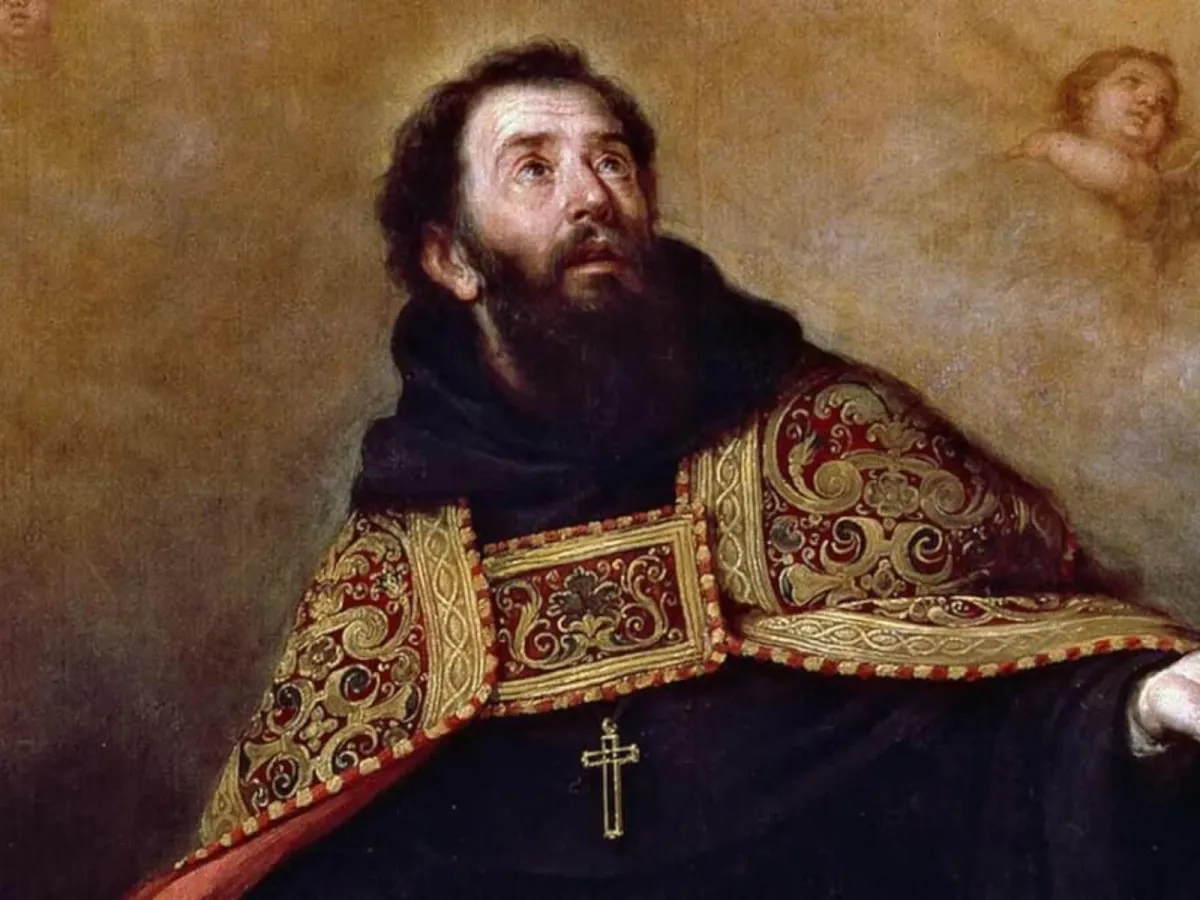
Augustine of Hippo
Philosopher, Theologian, Writer

You made us for You, and our hearts are restless until they rest in You.
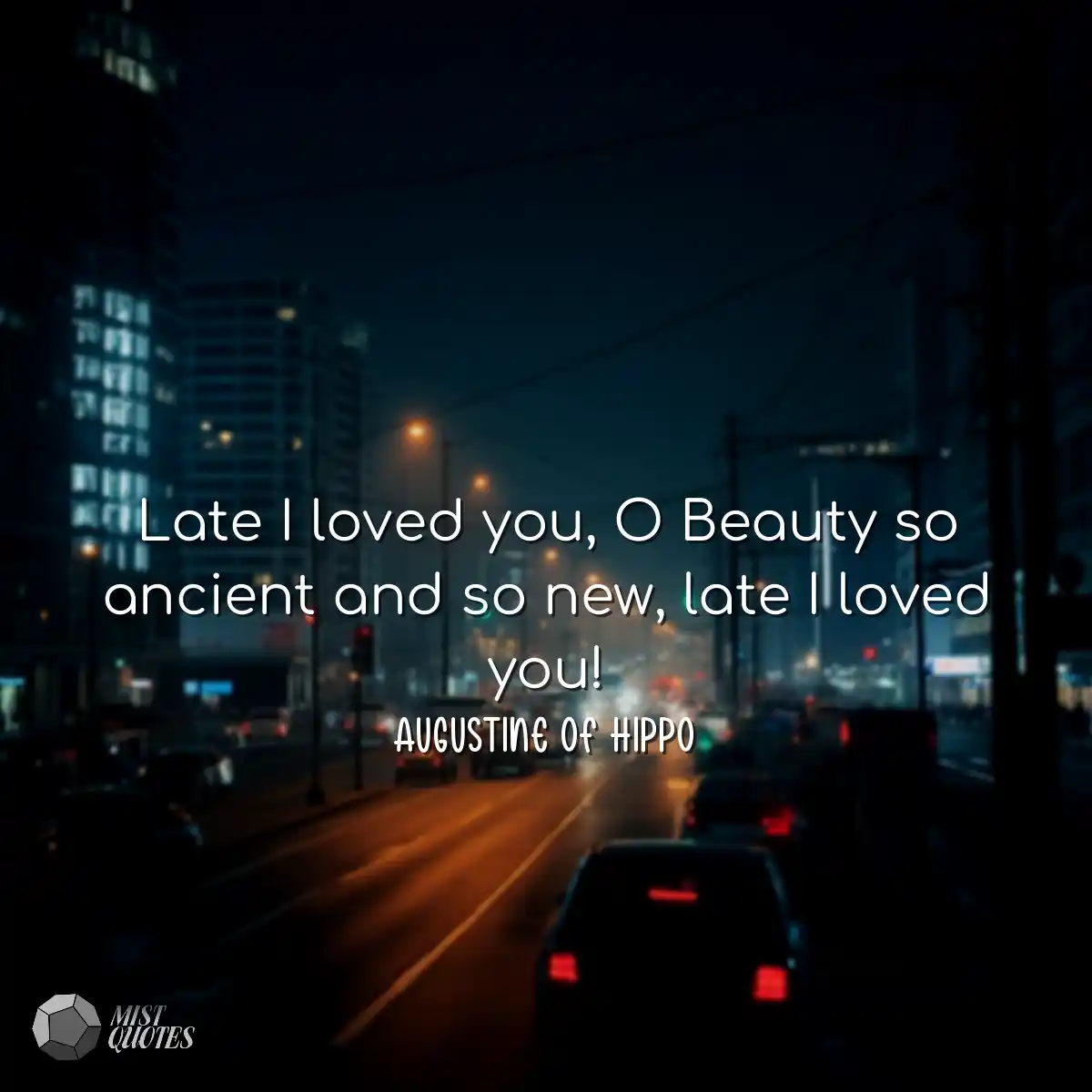
Late I loved you, O Beauty so ancient and so new, late I loved you!

If you want to know a person, don't ask what they know, but what they love.

The measure of love is to love without measure.

Love and do what you want.

Faith is believing in what you cannot see; the reward for that faith is to see what you believe in.
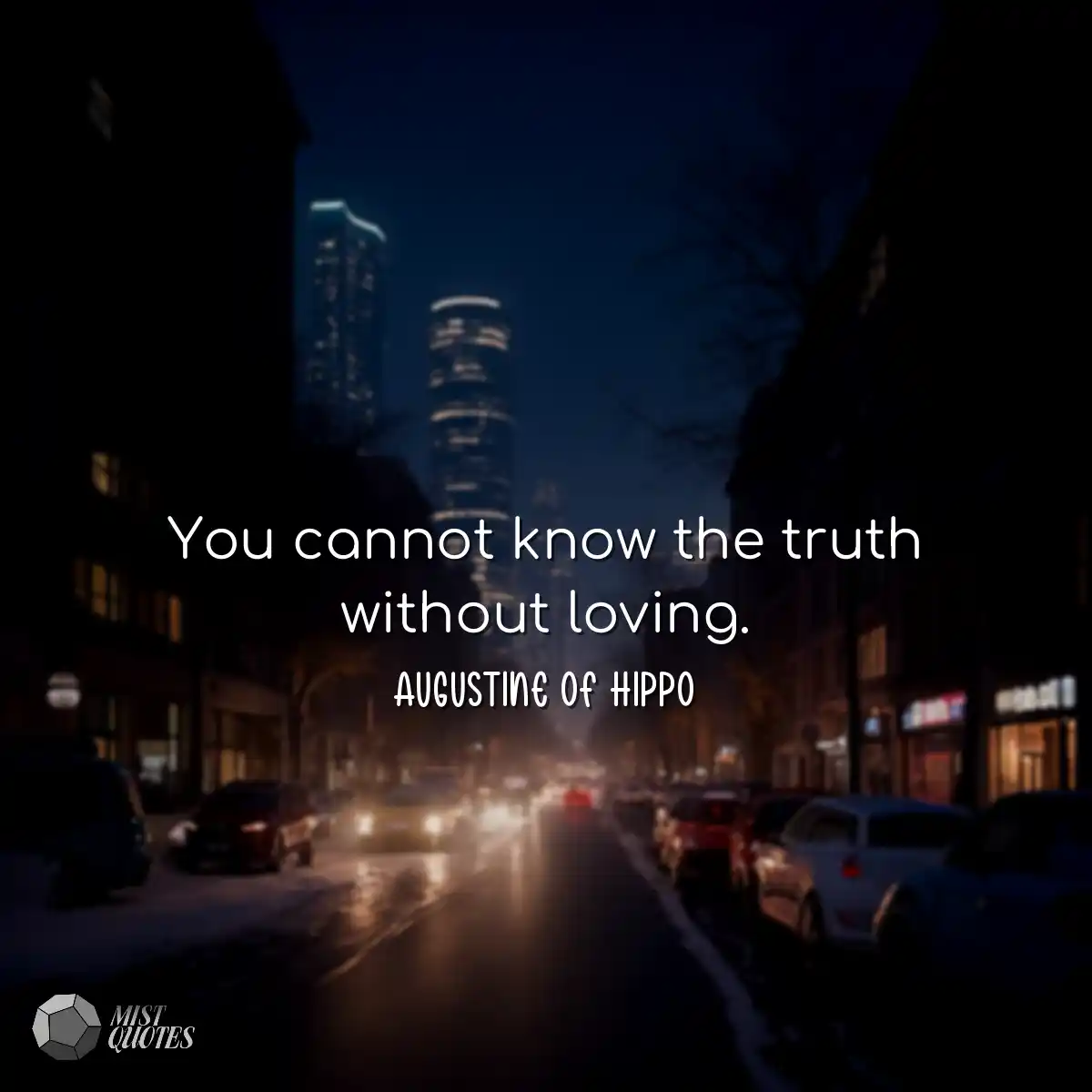
You cannot know the truth without loving.

Prayer is the key to opening the heart of God.
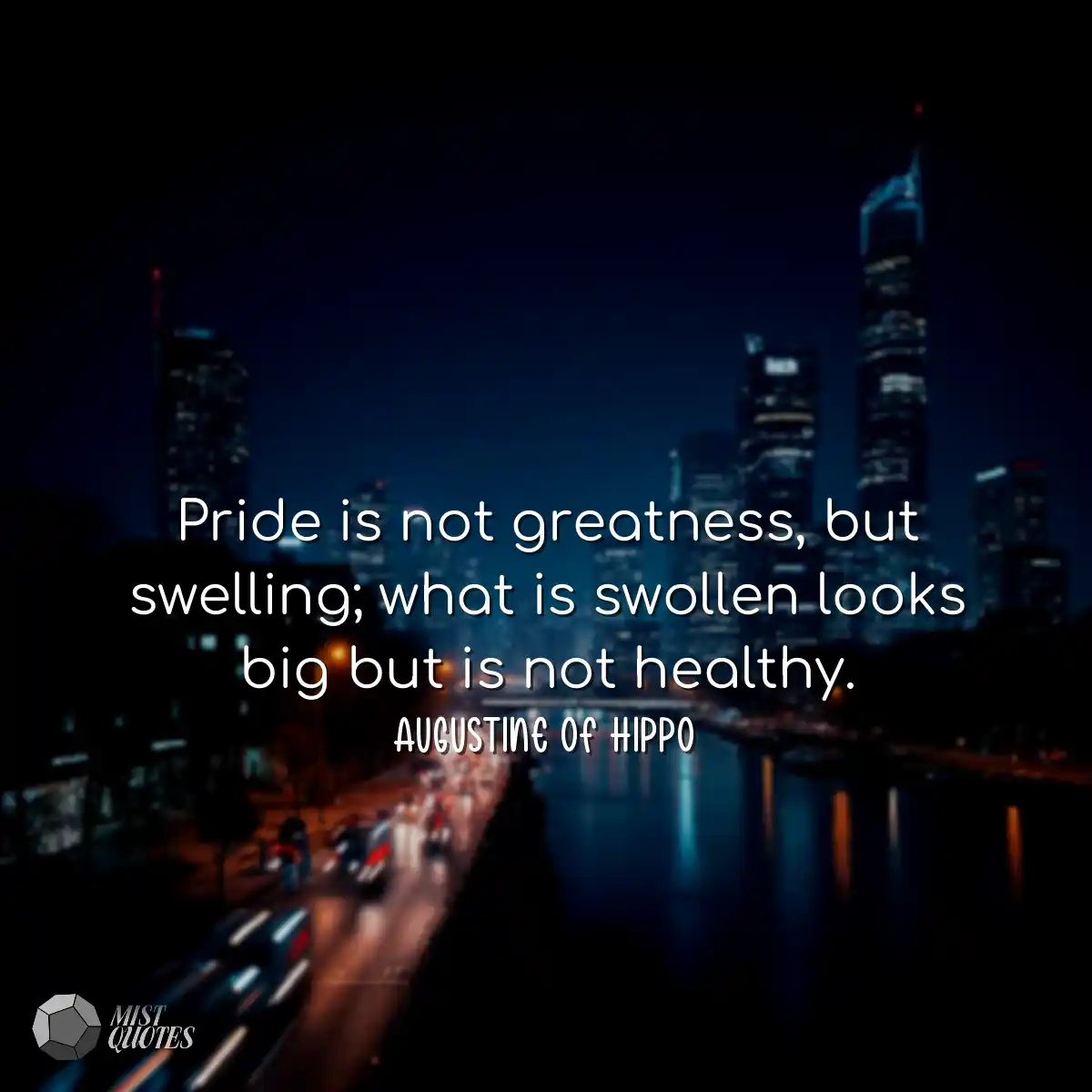
Pride is not greatness, but swelling; what is swollen looks big but is not healthy.
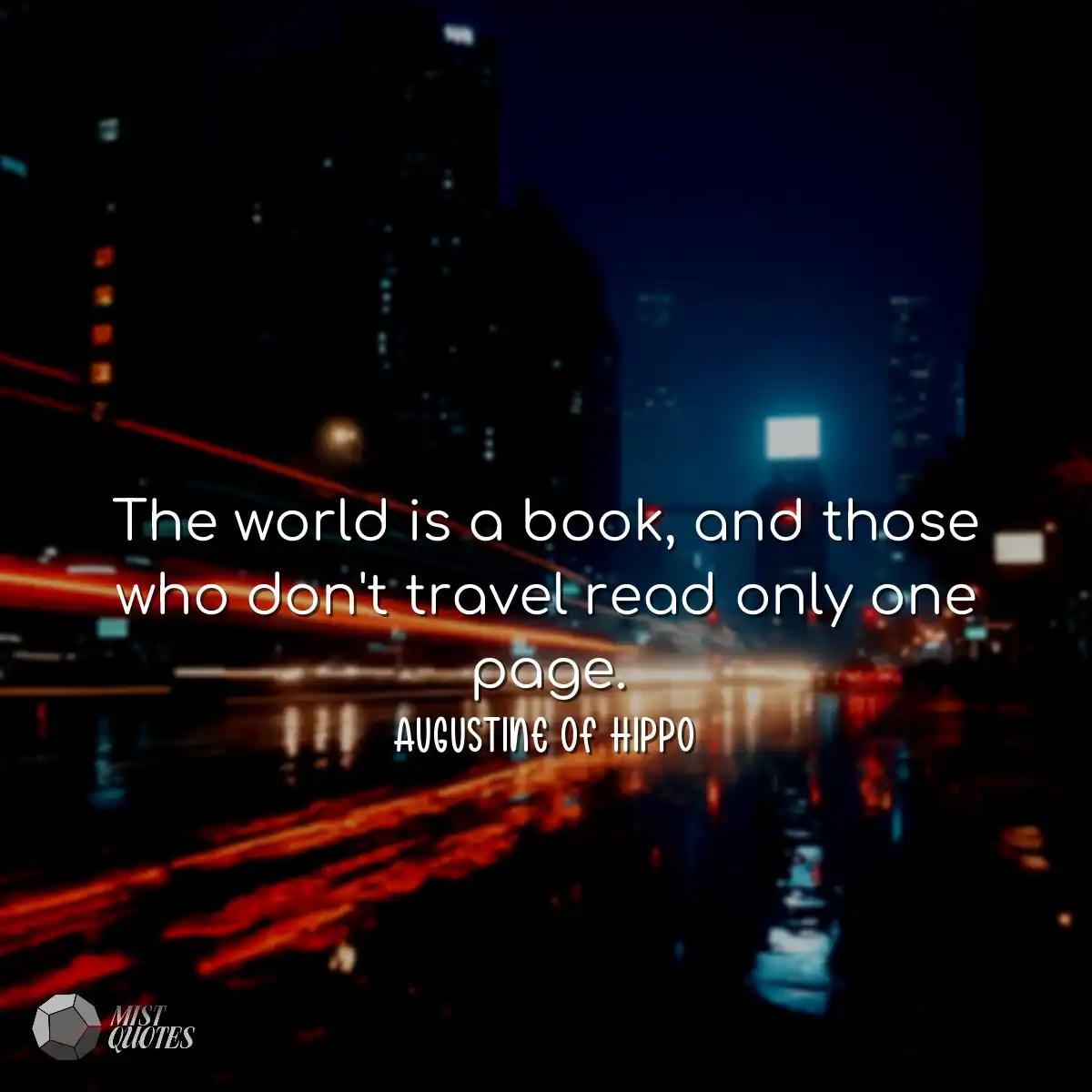
The world is a book, and those who don't travel read only one page.
Augustine of Hippo (354–430 CE) stands as one of the most influential figures in Christian theology and Western philosophy. Born in Thagaste, in present-day Algeria, Augustine’s intellectual journey and spiritual transformation have left an indelible mark on the history of Christianity and human thought. Educated in classical literature and rhetoric, Augustine pursued a career in teaching and gained recognition for his intellectual prowess. However, he initially followed the Manichaean religion, drawn to its dualistic worldview. Dissatisfied with its teachings, Augustine explored Neoplatonism, which profoundly influenced his thinking. Yet it was his encounter with Ambrose, the Bishop of Milan, and his reading of the Bible that led him to embrace Christianity in 386 CE.
Augustine’s conversion was not merely intellectual but deeply personal. He recounted this transformative experience in his autobiographical work, Confessions, one of the earliest and most profound examples of introspective literature. This work not only details his spiritual journey but also reflects on human nature, sin, and the search for truth. After his conversion, Augustine returned to North Africa, where he became a priest and later the Bishop of Hippo. His role as a bishop placed him at the forefront of theological debates, where he defended orthodox Christianity against various heresies, including Manichaeism, Donatism, and Pelagianism. His arguments against Pelagius’s teachings on human free will and original sin were especially significant, shaping the doctrine of grace in Western Christianity.
Augustine’s most substantial theological contributions are found in works like The City of God and On the Trinity. The City of God was written in response to the sack of Rome in 410 CE and offered a vision of history as a struggle between the earthly city, driven by self-love, and the heavenly city, guided by the love of God. This work provided a framework for understanding the relationship between the Church and the secular world.
His insights into human nature, free will, and divine grace influenced not only Christian theology but also Western philosophy. Thinkers from the medieval period to the modern era, including Thomas Aquinas and Martin Luther, have drawn on Augustine’s ideas. Augustine’s legacy endures as a towering figure in the history of thought. His writings continue to inspire and challenge readers, offering profound reflections on faith, reason, and the human condition.
Recent Quotes
"To help a friend in need is easy, but to give him your time is not always opportune."
Charlie Chaplin
"Life can be wonderful if you're not afraid of it. All it takes is courage, imagination… and a little dough."
Charlie Chaplin
